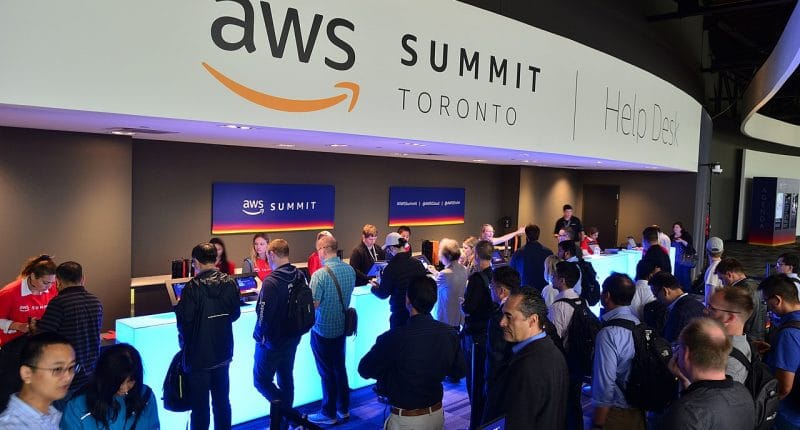Amazon has made several announcements regarding its AWS services during its annual AWS re:Invent conference this week. The company will continue to make more announcements this month, as it still has four more keynotes scheduled from Dec 4 to Dec 16 (Asia-Pacific).
The re:Invent conference started with AWS CEO Andy Jassy’s keynote. Jassy announced a host of new standalone additions and improvements to already existing services. In the realm of machine learning and cloud computing hardware, the new EC2 instances and AWS Trainium are the interesting new additions.
The new EC2 instances will be powered by Gaudi Accelerators, provided by Habana Labs, which is an Intel company. These instances are specifically designed for training deep learning models. According to Amazon, the new EC2 instances will leverage up to 8 Gaudi accelerators and deliver up to 40% better price performance than current GPU-based EC2 instances for training deep learning models.
Alongside the Gaudi-based instances, Jessy also announced EC2 C6gn Instances, which offer 100 Gbps Networking with AWS Graviton2 Processors. These instances, Amazon says, will provide up to 40% higher packet processing performance, and up to 40% better price/performance versus comparable current generation x86-based network optimized instances.
AWS Tranium, is Amazon’s custom designed high-performance machine learning training chip. This is Amazon’s second custom ML chip after AWS Inferentia, which is another chip specifically designed for computing tasks related to machine learning. The company says that the new chip will provide the best price performance for machine learning.
Other than the new hardware and cloud instances, Amazon is bringing some new innovations to its already existing service Amazon Connect, which helps businesses set up call-centers in the cloud. The service was launched in 2017, and since its inception it has garnered thousands of customers. Amazon is expanding this service by applying its machine learning capabilities.
Contact Lens for Amazon Connect was introduced back in 2019, which allows call center supervisors to better understand the sentiment, trends, and compliance of customer conversations. The company is now introducing, real-time insights into customer experience during the live calls, such as a customer expressing dissatisfaction. Amazon says that this will help the supervisors better guide their agents during a critical call, or make them transfer the call if necessary.
Amazon Connect Wisdom, part of the new additions to Amazon Connect, will provide the agents real-time relevant information during the call with the help of machine learning. This, the company says, will help the agents solve the customer issues more quickly and easily.
Amazon Connect Voice ID, on the other hand, will provide voice authentication for callers. The service will create a voice model of a caller in order to provide real-time caller authentication, which will help make calls to call centers more secure and faster. Amazon says that in order to meet with personal data protection laws, contact center agents will take the caller’s consent to use Voice ID.
The company also announced Amazon QuickSight Q, which is a Natural Language Query (NLQ) feature powered by machine learning. According to Amazon, the feature will allow business users to ask questions about their data using everyday language to receive accurate answers.
For example, if the user asks “What is my year-to-date year-over-year sales growth?” or “Which products grew the most year-over-year?” the service will understand the question and answer it with accurate numbers or will provide a chart, or table in QuickSight.
These announcements are only a part of multitude of other announcements made during the conference spanning categories such as Analytics, Compute, Containers, Database, Machine Learning and Storage. A curated list of top announcements is available on the official Amazon blog, and a full list of announcements is available on AWS homepage along with the future keynote schedule.
